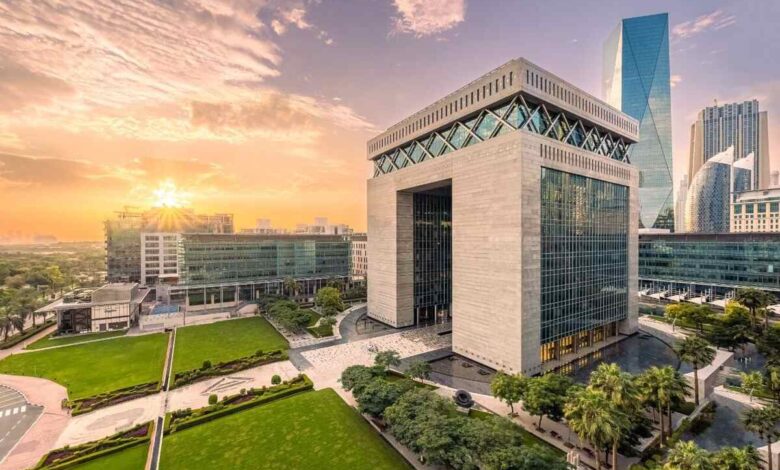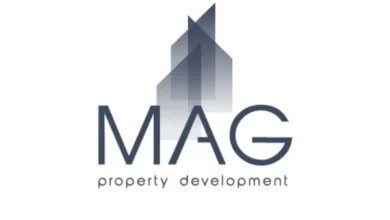
Dubai International Financial Centre (DIFC), recognized as the premier global financial hub in the Middle East, Africa, and South Asia (MEASA) region, has implemented amendments to the DIFC Law governing the Application of Civil and Commercial Laws (the “Application Law”). These updates bring greater legal clarity regarding the origins of DIFC Law and its interpretation. Additionally, revisions have been made to the DIFC Real Property Law and Real Property Regulations.
Real property law and regulations
DIFC has introduced a Mortgage Registration fee set at 0.25 percent of the value of a mortgage being registered by a real property purchaser. This measure aligns with current practices in the onshore market and will cover the administrative tasks required by the Registrar of Real Property to review documentation and process registrations.
Additionally, DIFC has extended the registration period for Off-Plan Sales from the existing 30 days to 60 days. This change aims to better accommodate the timeline for Off-Plan Unit purchases, from the initial launch to the finalization of the Off-Plan Sales Agreement. The extension provides buyers of Off-Plan Units with additional time to register these transactions and pay the Freehold Transfer Fee.
Jacques Visser, chief legal officer at DIFC Authority, expressed his satisfaction regarding the enactment of significant amendments to the DIFC Law on the Application of Civil and Commercial Laws. He noted that these changes reinforce DIFC’s status as an international common law jurisdiction and as the leading financial center in the MEASA region. He highlighted that the amendments confirm that DIFC laws are supplemented by references to English Common Law and the laws of other common law jurisdictions. According to him, these important updates provide statutory clarity for practitioners and the Courts concerning the sources of law within DIFC and the interpretation of DIFC legislation.

Law of application
Source of law
Since DIFC’s establishment, it has been recognized by practitioners that DIFC Laws are supported by common law. DIFCA asserts the need for statutory clarity concerning the source and interpretation of DIFC law, particularly as DIFC often considers global best practices beyond just English statutory law. This necessity has led to the proposed amendments.





